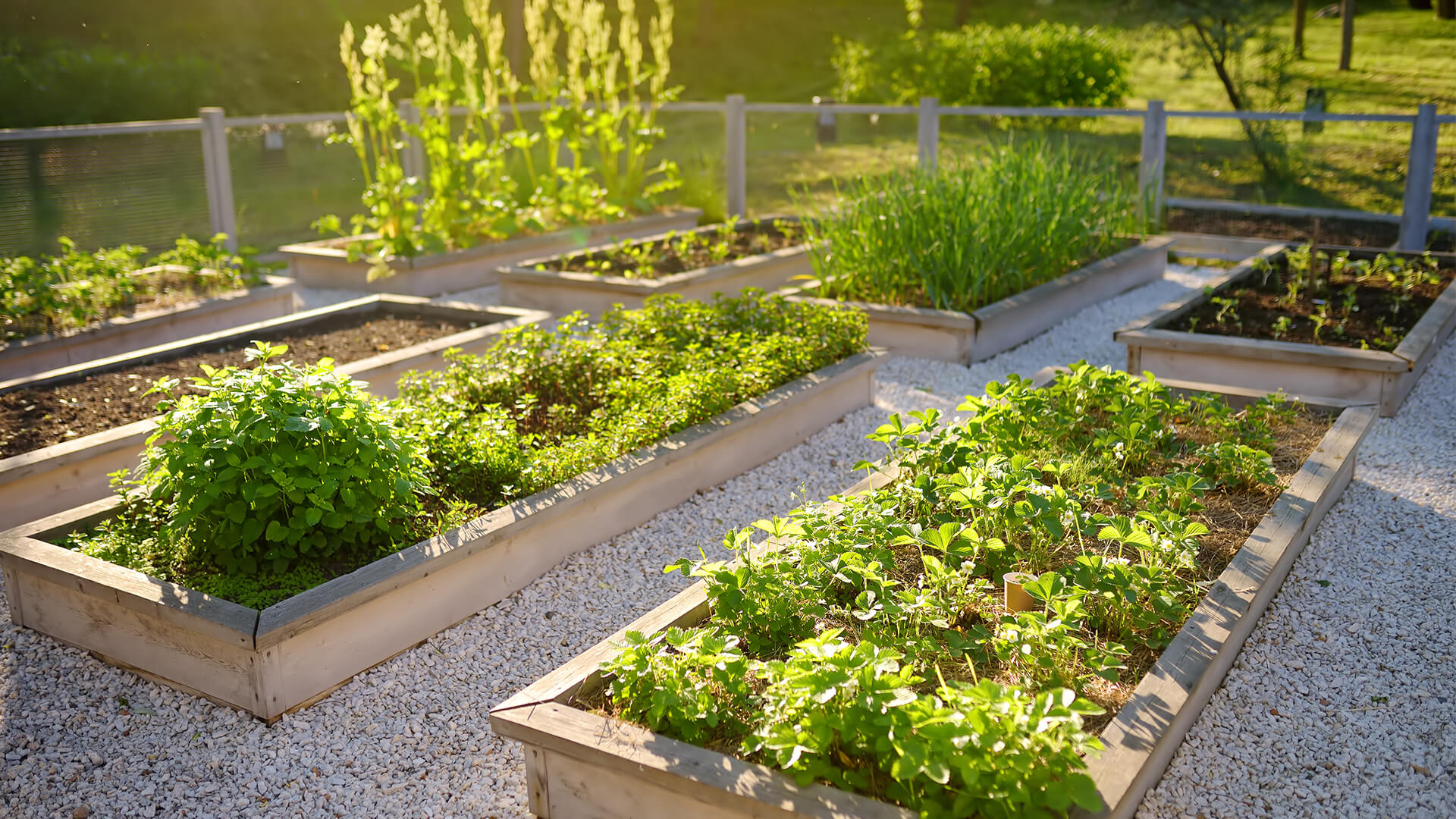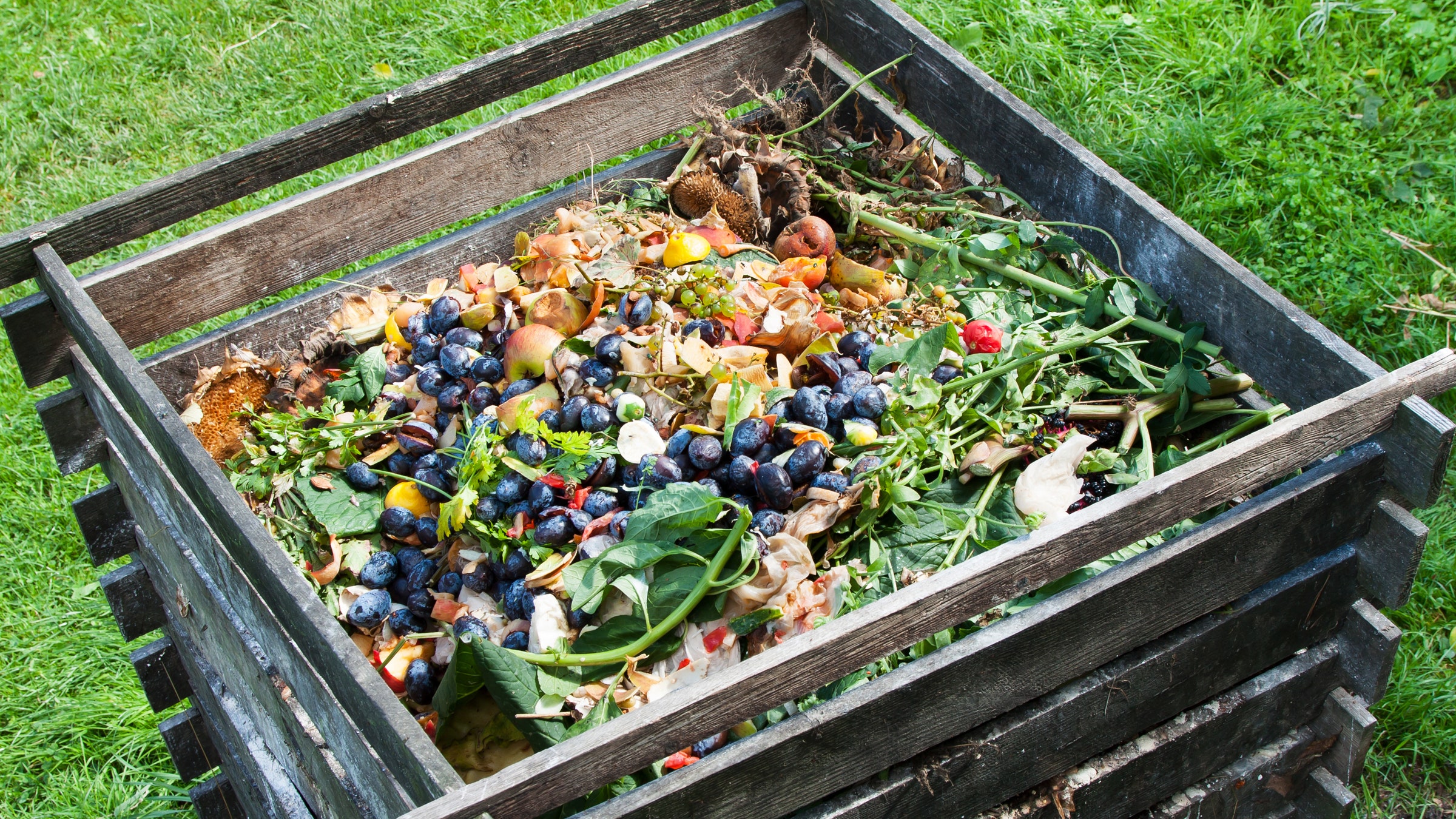How to Implement Sustainable Gardening Practices at Home

Imagine transforming your backyard into a thriving ecosystem that not only looks beautiful but also contributes positively to the environment. Sustainable gardening practices for home are not just a trend; they are a necessity for a greener future. By adopting eco-friendly gardening techniques, you can create a haven that supports biodiversity, conserves resources, and promotes a healthier planet. Let's dive into the world of sustainable gardening and explore how you can make a difference right in your own backyard.
Understanding Sustainable Gardening
Sustainable gardening is about creating a harmonious balance between nature and your garden. It involves using organic practices, water-wise plants, and home composting to minimize waste and maximize efficiency. By adopting these practices, you can reduce your carbon footprint and create a garden that is both beautiful and beneficial to the environment.
The Benefits of Sustainable Gardening
Environmental Impact
Sustainable gardening practices for home have a profound impact on the environment. By using organic practices, you reduce the need for chemical fertilizers and pesticides, which can harm local ecosystems. Water-wise plants help conserve water, a precious resource that is becoming increasingly scarce.
Health Benefits
Gardening itself is a therapeutic activity that can reduce stress and improve mental health. When you adopt sustainable practices, you also ensure that the fruits and vegetables you grow are free from harmful chemicals, providing a healthier diet for you and your family.
Cost Savings
While the initial investment in sustainable gardening may seem high, the long-term benefits are significant. Home composting reduces the need for expensive fertilizers, and water-wise plants require less water, lowering your utility bills.
Key Sustainable Gardening Practices
Organic Practices
Organic gardening is at the heart of sustainable practices. It involves using natural fertilizers like compost and manure instead of synthetic chemicals. This not only improves soil health but also supports a diverse ecosystem of beneficial insects and microorganisms.
Home Composting
Composting is a simple yet powerful way to reduce waste and enrich your soil. By recycling organic waste from your kitchen and garden, you create a nutrient-rich fertilizer that promotes plant growth and improves soil structure.
Water-Wise Plants
Choosing water-wise plants is crucial for sustainable gardening. These plants are adapted to thrive in low-water conditions, making them ideal for drought-prone areas. Native plants are often a great choice as they are well-suited to the local climate and require minimal care.
Permaculture Principles
Permaculture is a holistic approach to gardening that mimics natural ecosystems. It involves designing your garden to be self-sustaining, with each element supporting the others. For example, planting a mix of trees, shrubs, and ground covers can create a layered canopy that provides shade, retains moisture, and supports a diverse range of wildlife.
Implementing Sustainable Gardening Practices
Step 1: Plan Your Garden
Before you start, it's essential to plan your garden. Consider the layout, the types of plants you want to grow, and the resources you have available. A well-thought-out plan will save you time and effort in the long run.
Step 2: Choose the Right Plants
Selecting the right plants is crucial for a sustainable garden. Opt for native and water-wise plants that are well-suited to your local climate. These plants require less water and are more resilient to pests and diseases.
Step 3: Create a Compost Pile
Setting up a compost pile is a simple and effective way to reduce waste and improve soil health. You can use a variety of materials, including kitchen scraps, yard waste, and even shredded paper. The key is to maintain a balance of carbon-rich and nitrogen-rich materials.
Step 4: Use Organic Fertilizers
Instead of relying on synthetic fertilizers, use organic alternatives like compost, manure, and bone meal. These natural fertilizers release nutrients slowly, promoting healthier plant growth and improving soil structure.
Step 5: Conserve Water
Water conservation is a critical aspect of sustainable gardening. Install a rain barrel to collect rainwater for irrigation, and use drip irrigation systems to deliver water directly to the roots of your plants, reducing waste.

Step 6: Encourage Biodiversity
A healthy garden is a diverse garden. Encourage a variety of plants, insects, and animals to create a balanced ecosystem. Plant flowers that attract pollinators like bees and butterflies, and provide habitats for beneficial insects and birds.
Conclusion
Implementing sustainable gardening practices at home is not just about creating a beautiful garden; it's about making a positive impact on the environment. By adopting organic practices, home composting, and choosing water-wise plants, you can create a garden that is both eco-friendly and cost-effective. Remember, every small step you take towards sustainability makes a difference. So, why not start today and transform your backyard into a thriving, sustainable oasis?
FAQs
What are the benefits of home composting? Home composting reduces waste, improves soil health, and provides a natural fertilizer for your plants. It also helps to reduce greenhouse gas emissions by diverting organic waste from landfills.
How do I choose water-wise plants? Look for plants that are native to your area or adapted to similar climates. These plants are often drought-tolerant and require less water. Consult with local nurseries or gardening experts for recommendations.
What is permaculture, and how can it help my garden? Permaculture is a design system that mimics natural ecosystems to create sustainable and self-sufficient gardens. It involves using a variety of plants and techniques to create a balanced and resilient ecosystem.
How can I conserve water in my garden? Install a rain barrel to collect rainwater, use drip irrigation systems, and choose water-wise plants. Mulching your garden can also help retain moisture and reduce the need for frequent watering.
What are some organic fertilizers I can use? Compost, manure, bone meal, and fish emulsion are all excellent organic fertilizers. These natural alternatives release nutrients slowly, promoting healthier plant growth and improving soil structure.
By embracing sustainable gardening practices, you're not just beautifying your home; you're contributing to a healthier, greener planet. So, let's get started and make every garden a sustainable one!
0 Response to "How to Implement Sustainable Gardening Practices at Home"
Post a Comment